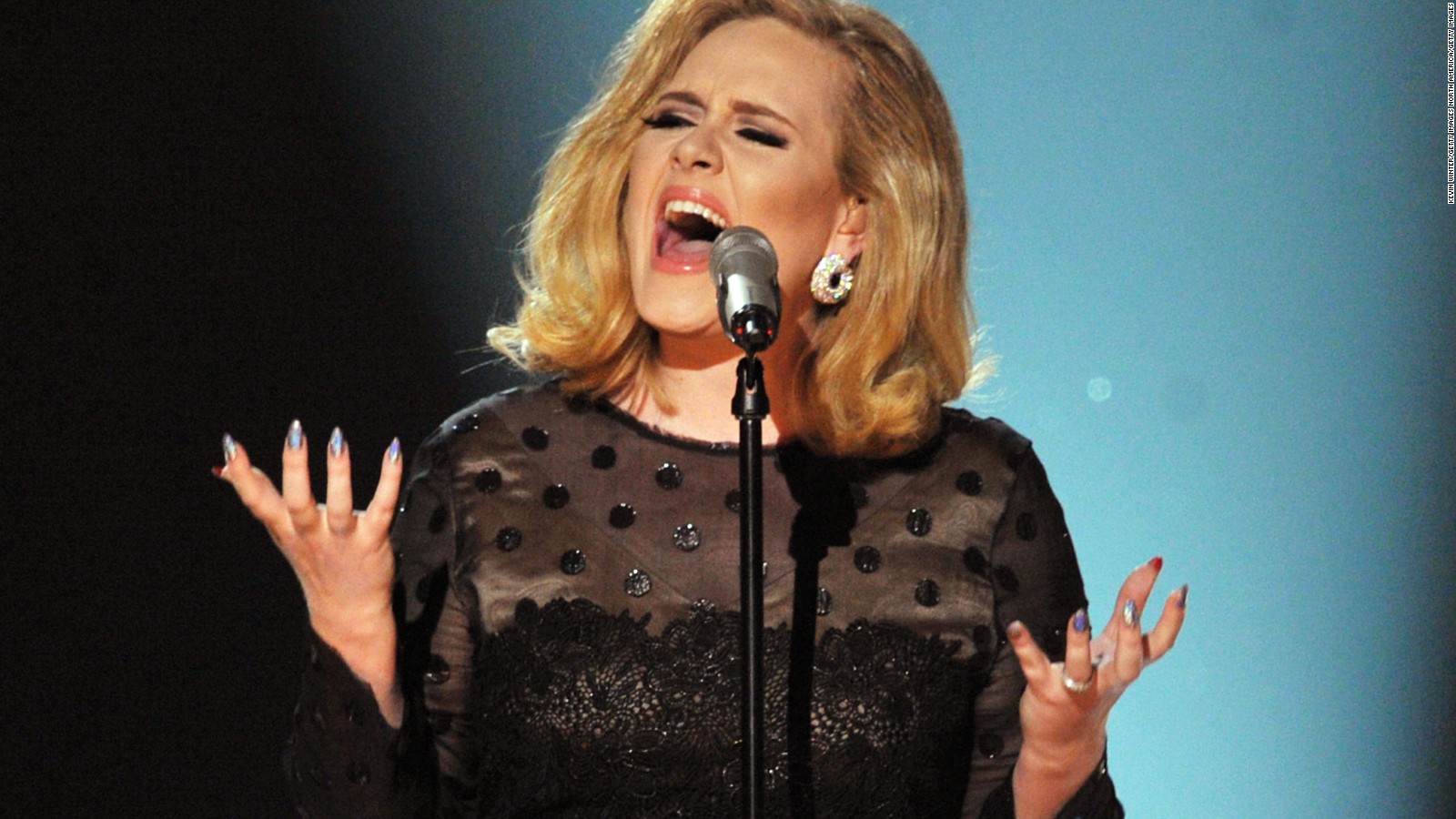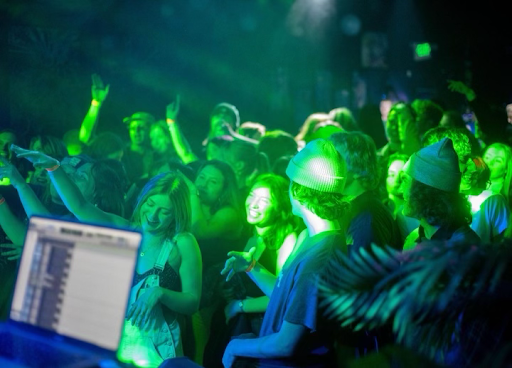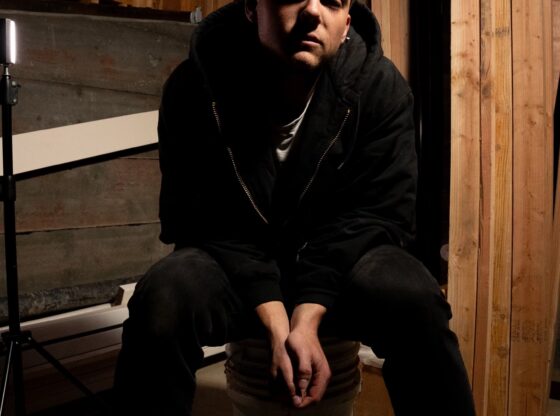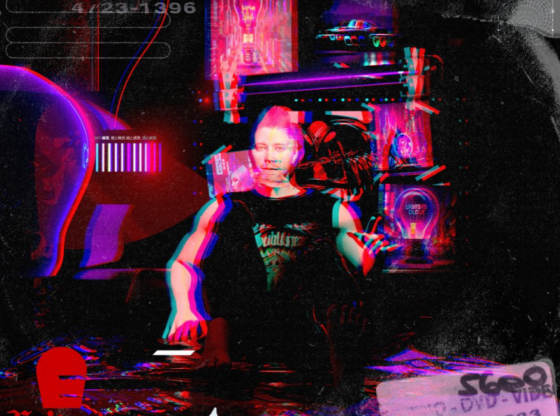The bond between a band and its fans has always been a sacred thing—there’s something special about a group of people singing along to every lyric at a show, and there’s nothing better than a musician who truly cares about how much their music means to the audience. Seeing a show of one of your favorite artists is possibly one of the best experiences in life, but something is jeopardizing this opportunity—ticket resales.
The ticket resale market is a big one—if a concert sells out, ticket prices can skyrocket, often being sold for hundreds of dollars above face value. Take Adele’s tickets for example—prices started at about $40 for the artist’s Denver dates at the Pepsi Center, but after the two shows sold out, tickets hit StubHub at over $250 each. Tickets are resold either by professional scalpers or singular buyers who decided they wanted to take advantage of online or phone sales and make a profit. Professional scalpers often use software to purchase multiple tickets at a time in order to resell them above face value.
There are many aspects of this operation that are sinister in nature. Enthusiastic fans who want to see their favorite band are spending much more money than the band intended, and artists are becoming frustrated that their fans are falling victim to high ticket resale and are sometimes even unable to attend a show due to price. It’s obvious that ticket resale is a huge problem in the music world. With hundreds of unnecessary dollars being spent and many fans left disappointed, it’s hard to figure out how to fix the issue.
Some musicians are trying to counteract resale practices by setting up online markets for fans to sell tickets to each other for face value only. Adele, despite some scalpers still getting a hold of tickets, thwarted scalpers from buying thousands of tickets by working with SongKick for her upcoming tour (it’s estimated this move saved fans over 6 million dollars). Some bands even publicly ask people who are selling tickets at sky-high prices to sell them appropriately. Notably, The 1975’s manager, Jamie Oborne, has repeatedly told individuals that the band does not want support from those who try to sell overpriced tickets to fans.
In addition to efforts from musicians, some cities have laws that attempt to protect buyers from scalpers. For example, it is illegal to sell tickets above face value in Denver—however, outside of the city, there are no laws in Colorado that prohibit these sales. How often this Denver law is enforced is also questionable.
Ticket resales aren’t inherently terrible—sometimes, fans suddenly can’t go to a concert, and sell tickets to other fans so they don’t suffer a loss. It’s when tickets are sold at an unfair price when things start to get unethical. The ticket resale market is going to be a tough one to break. Unless musicians increase their efforts to prevent improper pricing and new laws are suggested and enforced, the scalping industry will make millions of dollars in the year to come. Meanwhile, the only thing fans can do is attempt to buy tickets directly from the artist and refuse to buy from unjust scalpers.











